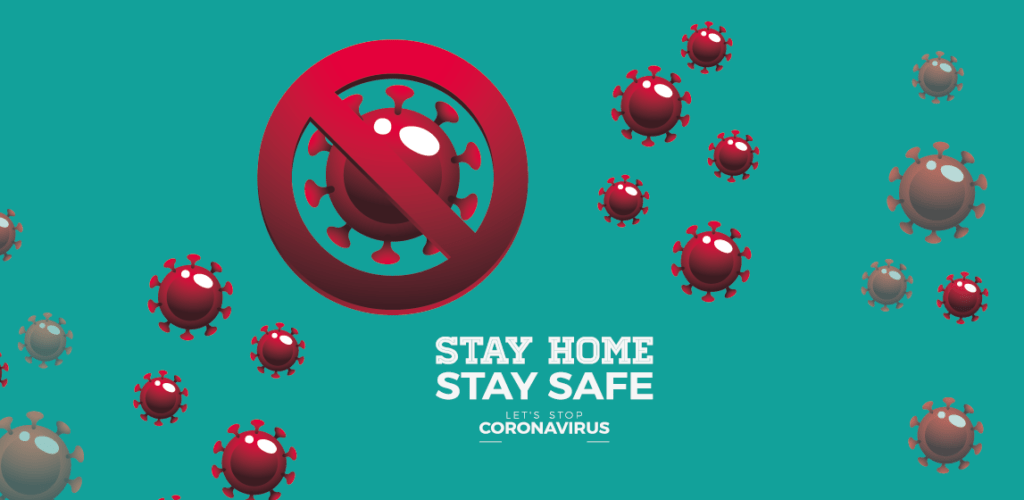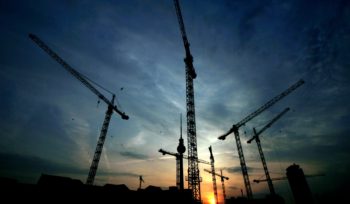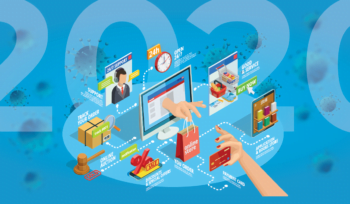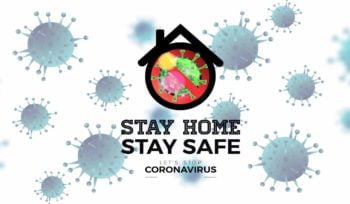Sustainable Development Goals (SDGs): a Key to Fight Against the
Impacts of COVID-19
Sustainable Development Goals:
Sustainable Development Goals (SDGs) are the universal agendas to eradicate poverty, to protect the planet, and to ensure that all people enjoy peace and prosperity by 2030.
SDGs, also known as global goals, were adopted by the United Nations (UN) member on 15th September 2015 and committed to achieves 17 goals and their associated 169 targets with 232 indicators by 2030
SDGs are a follow up of Millennium Development Goals (MDGs) which was adopted in 2010 and successfully achieved 2015. Bangladesh being one of the members of the UN also successfully achieved MDGs.
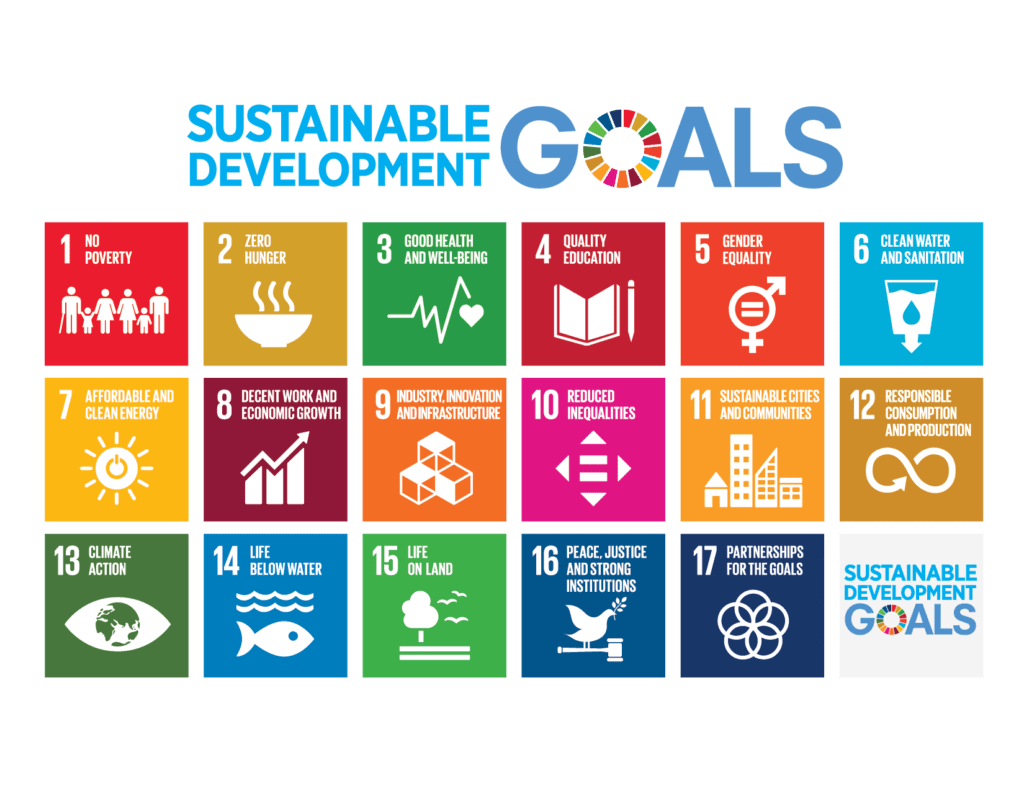
Source: UNDP website
Impact of COVID-19 on the Goals:
People are experiencing a scenario that was previously faced more than hundred years ago. During this time the world has changed enormously as medical science, food, technology and connectivity have developed by thousands of time than the previous situation. Despite all these advancement, the world is failing to contain the virus and minimizing the death toll.
Lack of concerted and coordinated efforts will have a substantial economic, social and humanitarian impact on achieving the global goals as opined by many experts.
According to Nana Addo Dankwa Akufo-Addo, president of the Republic of Ghana, the crisis has already shown the fundamental flows of our global system. The presence of poverty, weak health systems, lack of education and above all sub-optimal global cooperation is exacerbating the crisis.
This pandemic has disrupted the natural flow on a global scale and the only possible way to fight this is by global and coordinated action. The SDGs are all about to end this type of crisis – the global blueprint to end poverty and to protect our planet and ensure prosperity.
Possibility of Achieving SDGs by 2030:
Source: UNDP website
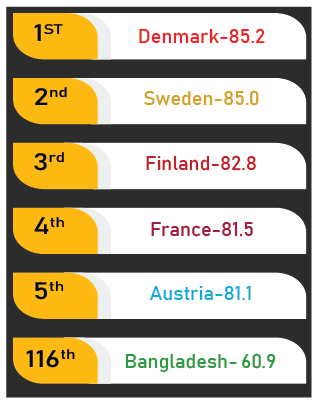
Source: Sustainable Development
Report 2019
According to the president of the Republic of Ghana, furious and sudden on-set pandemic has sadly disrupted the achievement of this goal when many countries were on track and some of them were to achieve them by targeted time.
The pandemic has put a question mark on whether it can be achieved by 2030 as countries are now reset- ting their priorities. All the countries are reallocating their resources to fight against the crisis and it’s the right thing we all should do to overcome the challenges.
But shifting the resource away from the priorities of SDGs would create a massacre. It is an important move but may delay achieving the SDGs. That is why the response to the pandemic should be linked with activities of SDGs and that could give us a proper guideline.
Possibility of Achieving SDGs by 2030:
Evidence suggests that the impact of the crisis is troubling the quest of achieving the goals. According to Mr. Nana Addo Dankwa Akufo-Addo and Ms. Erna Solberg (Prime Minister of Norway),
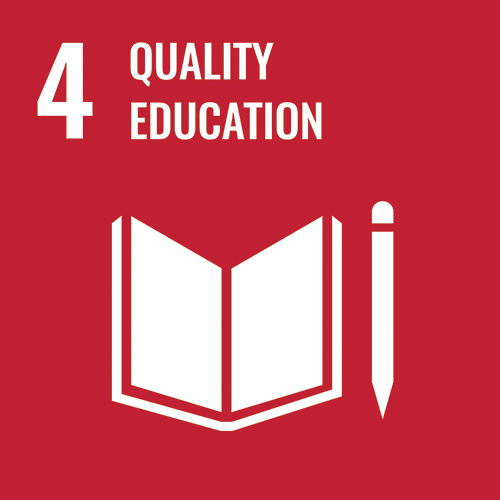
1.25 billion students are affected by this crisis, which is directly connected with SDG-4 (UNESCO).
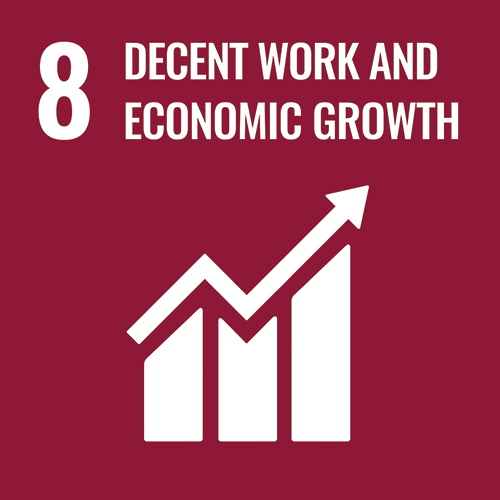
World GDP will fall by 2% due to the crisis (World Bank).
25 million people could lose their jobs (ILO).
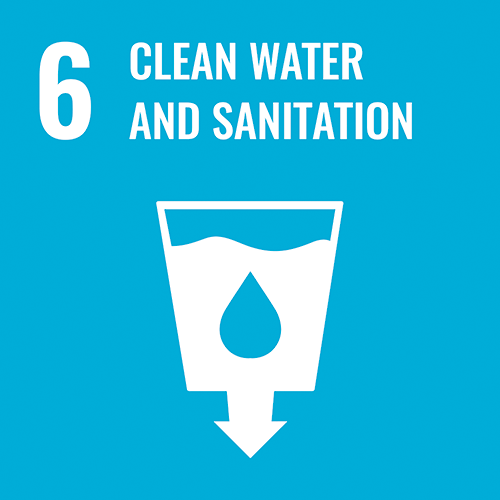
In many parts of the world, the pandemic and its effects are being exacerbated by the crisis in delivering on clean water and sanitation targets.
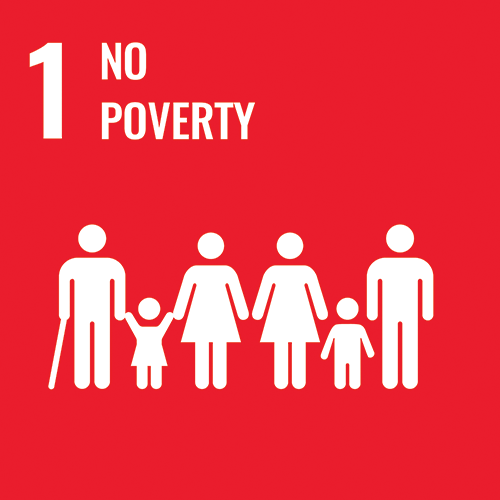
The world bank estimated that this crisis will push 49 million people into extreme poverty.
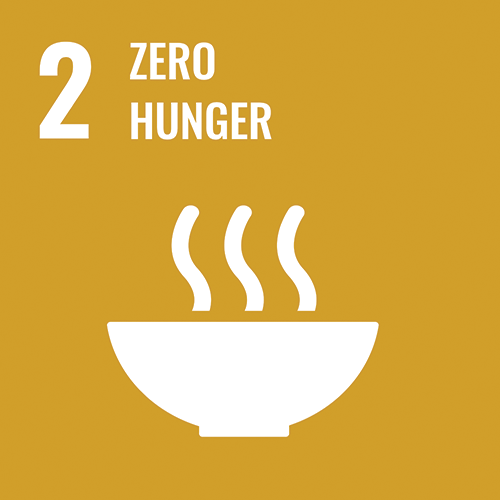
265 million in 2020 may face acute food insecurity, which was 135 million in 2019 (WFP projection).
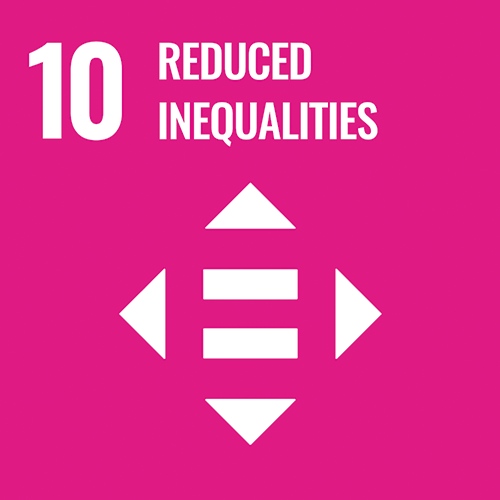
COVID-19 will likely worsen these inequalities between countries and inequality within countries (FAO).
This indicates that when the world is dealing with the global pandemic it should take it as an opportunity to take necessary actions to achieve SDGs and thus, we can fight this crisis more fruitfully. Attaining the SDG could help us to come back from the fallout.
Current COVID-19 Situation In Bangladesh
Indicators
In last 24 hours
Total (Bangladesh)
Total (World)
Coronavirus Cases
1,764
44,608
60,58,946
Deaths Reported
28
610
3,67,405
Recovered
360
9,375
26,82,804
Highest number of Cases (in 24 hours)
2,523
Highest number of Deaths (in 24 hours)
28
Total Number of Tests conducted
2,97,064 +
Source: IEDCR and Worldometer
How Achieving SDGs Can Play a Role in Bangladesh’s Fight Against COVID-19:
Bangladesh is also heavily affected by the coronavirus crisis. Due to the lockdown, people working in the informal sector and day laborers are vastly affected. Many people have already lost their jobs and others lost their opportunities to work. Rickshaw pullers, construction workers, salespersons, hawkers, etc are sitting at home with zero income and hunger. If the current situation prolongs, many people will be pushed back to poverty.
RMG sector, which accounts for 84.2% of total export earnings and employs around 4 million people has been hit by the crisis as global demand falls. According to BGMEA, $3.17 billion worth of RMG orders is canceled or suspended, affecting 2.27 million workers (Basher and Pooja, 2020). Export earnings have also decreased by 85% compared to April 2019 (The Financial Express, 2020).

RMG sector lost 3.17 billion worth of orders.
Export Earnings fall by 85%
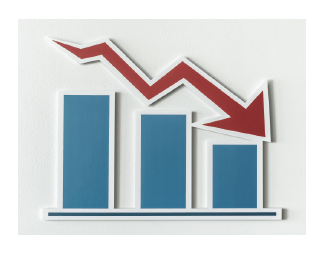
World Bank and IMF predicted only 2% GDP growth in 2020.

Day Labors and low to middle income people are at risk to enter into Poverty.
Bangladesh’s economy was growing at a steady pace, according to a NewVision Solutions Limited report, “Bangladesh has been achieving more than 7 percent growth constantly for the last few years and last year the country recorded an 8.15% GDP growth while it’s per capita income increased to $1,906” (Ahamed, 2020). According to World Bank and IMF, Bangladesh will lose its pace of growth and likely to achieve only 2% growth in 2020.
Currently, students are sitting at home, away and deprived of education. Industries are facing heavy losses with zero revenue and high operating expenses.
All these indicators are directly or indirectly attached to SDGs and focusing on achieving the goals can help us to fight against the impact of COVID-19.
Some Remarkable Achievements of Bangladesh in SDGs by 2019

Bangladesh has made remarkable progress in reducing extreme poverty measured by $1.90 a day or by the national poverty line (under goal-1 of No poverty).
- In 2020, the percentage of people living below the international poverty line ($1.90 a day) came down to 4% (world data lab) compared to 14.8% in 2016 (ADB).
- The percentage of people living below the national poverty line in 2018 is 21.6% which was 31.5% in 2010.
- Based on the current rate of poverty reduction, Bangladesh is projected to eliminate extreme poverty by 2021, the first nation in South Asia to do so (SWAB, 2019).

Being a third world country, children malnutrition has been an issue in Bangladesh since independence, but the country has shown commendable achievement in this sector.
- The rate of stunting and wasting has been significantly reduced in the country. In 2019 the rate of stunting was 28.0% and wasting was 8.4%.
- Obesity has been a new problem in the country. The rate of obesity increased from 1.9% to 2.4 in 2019 (under 5 years of age).
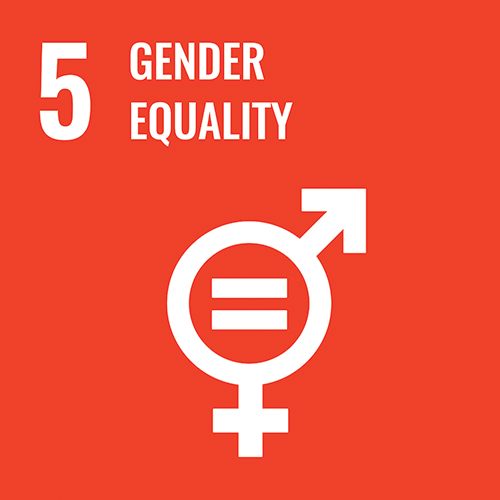
Despite some incidents of violence on women, Bangladesh had made good progress in achieving gender equality.
- The proportion of female members in the National Parliament has been slowly increasing over time reaching 20.88 percent in 2019 which was 12.42 percent in 2001.
- Bangladesh is the only south Asian country ranked under the 100th position (48th) in women empowerment (World Economic Forum, 2018).
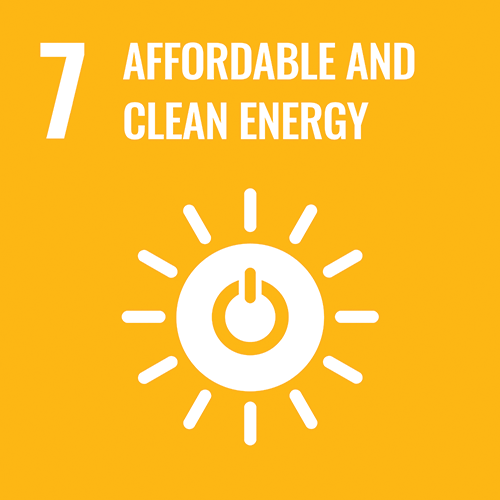
Bangladesh is lagging to achieve the target for renewable energy but well ahead to reach the target of 100% access to electricity, thanks to the non-renewable energy sector.
- Bangladesh is moving fast to achieve the target of ensuring 100% of poor households to have access to electricity. The target is likely to be achieved by 2021 instead of 2025. Currently, 92.2 % of poor households have access to electricity which was 55.26 in 2010.
- The proportion of the population with access to clean fuels and technology for cooking increased to 19.0 percent in 2019.

Bangladesh’s economy performed very decently in recent years.
- It has been achieving more than 7 percent growth constantly for the last few years and last year the country recorded an 8.15% GDP growth while it’s per capita income increased to $1,906 (World Bank).
- Recent GED (General Economics Division, Bangladesh Planning Commission) survey revealed that the unemployment rate in the country is 3.1 percent (2018).
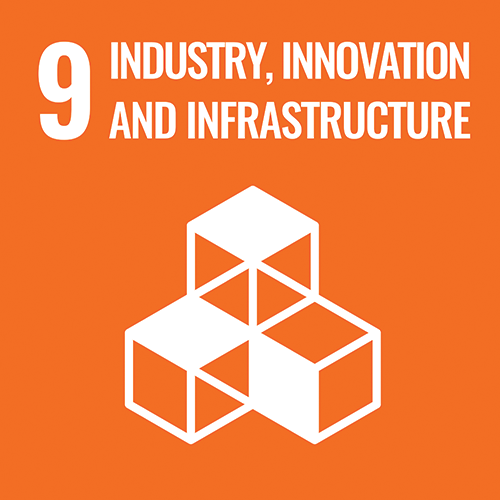
Despite lagging in scientific research, sustainable and resilient infrastructure to support economic development, Bangladesh has record achievements in other indicators of this goal.
- The share of manufacturing value-added in GDP in the country has been growing suggestively – exceeding the 2020 milestone in FY2017.
- 4G coverage reached 79% in June 2019.
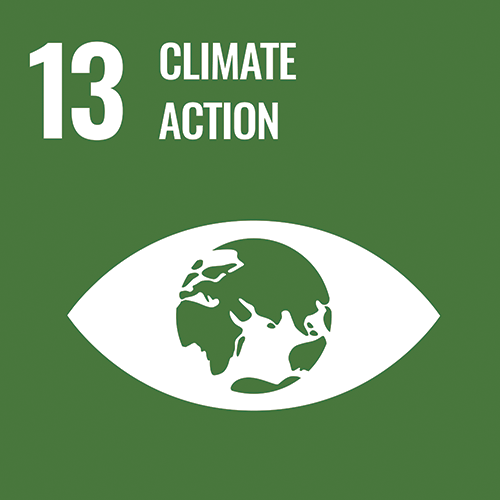
Fighting against the climate change issue, Bangladesh has made reasonable progress and by analyzing the track record, experts think it would not be a problem for Bangladesh to achieve the targets by 2030.
- Approved Disaster Risk Reduction Strategies of Bangladesh (2016-2020) in line with the Sendai Framework for Disaster Risk Reduction 2015-2030 and other international protocols ratified by the Government of Bangladesh.
- Bangladesh, the first country to set up a climate change trust fund worth around $300 million.
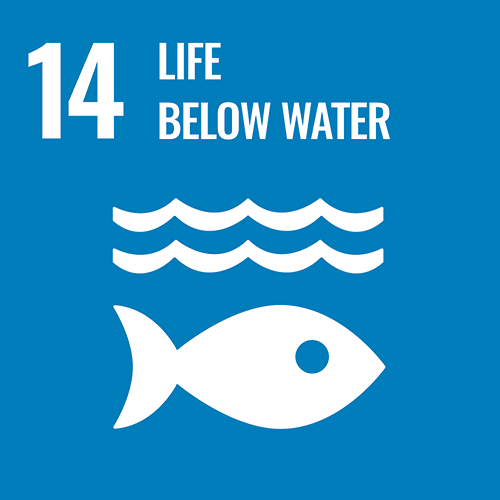
The coastline of Bangladesh extends 710 kilometers starting from St. Martin’s Island in the south-east to the Sundarbans mangrove in the south-west. The protection of the bio-diversity of these areas is the key to achieve this goal.
- In recent times two major marine protected area has been declared, one is for Hilsha and another one is for Cetaceans.
- A major success was for Hilsha production as the production rate doubles in the last 15 years.
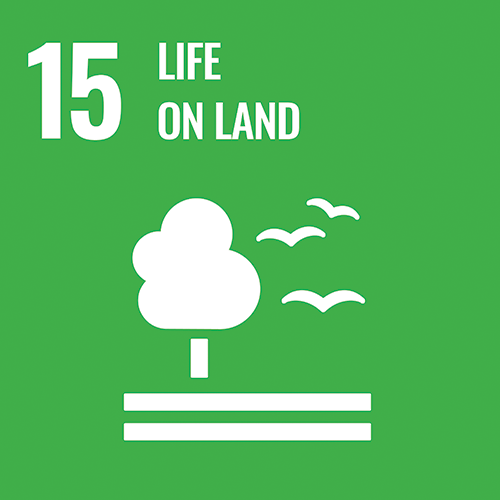
Bangladesh has been performing well for achieving the goal-15, the forest coverage of the country now stands at 14.47 percent (Bangladesh Forest Department or BFD, 2018).
- Besides, Bangladesh currently has 40 Protected Areas (PA) in different locations.
- About 3.8% of terrestrial are now covered under PA which was only 1.7% in 2015.
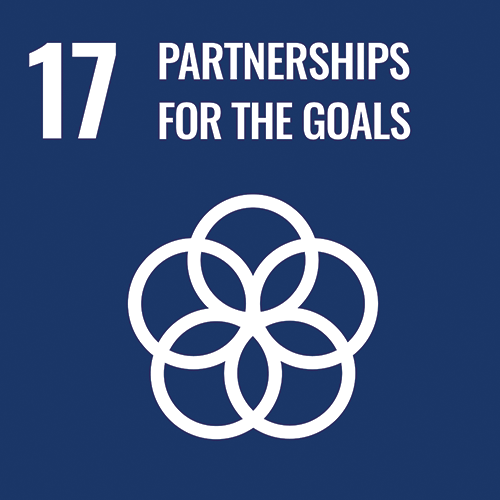
The global partnership is very important to achieve SDGs, developing country like Bangladesh needs various support from international partners. Official development assistance (ODA) has been increasing moderately in Bangladesh. FDI and Remittance inflow needs to be increased significantly to achieve SDGs.
- Bangladesh’s government has emphasized the need for enhanced international cooperation and support for achieving 62 of the 169 targets.
Author: Md. Atiqul Islam, Sr. Research Associate (Email: aislam@newvision.rosetech.dev )
Editor: Sujon Ahamed, Head of Market Research (Email: sahamed@newvision.rosetech.dev )
Designed by: Md. Atiqul Islam and Md Obaid Hossain (Research Assistant)
Market Research team, NewVision Solutions Limited


